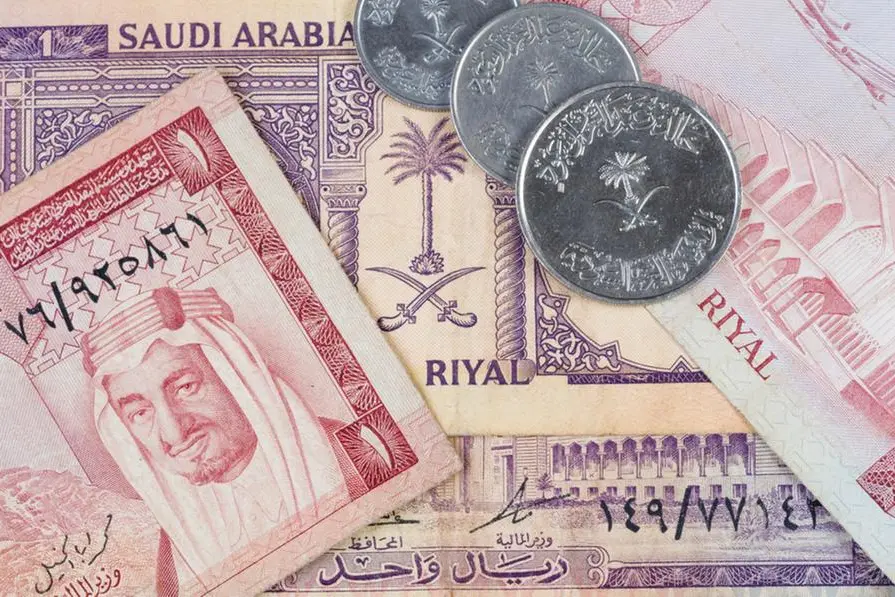PHOTO
13 April 2017
Muscat: A new record was achieved in issuance of debt instruments by Gulf countries in 2016, according to a report.
Regional sovereigns raised a total debt of $69.1 billion last year, outpacing the previous record set in 2014 by $35.6 billion, as governments sought to plug their annual budget deficits amid a low oil price environment, said a report released by Securities & Investment Company (SICO) in its report.
In a year of continued volatility, yields fell steeply in the first half of 2016 but started to rebound during the summer months. They then spiked even higher in the fourth quarter, following the US election results and the raising of interest rates from 0.25 to 0.50 per cent by the US Federal Reserve.
“Economic reforms and austerity measures being introduced by GCC governments had a positive impact on investor sentiment in 2016, with the Barclays GCC USD Bond Index closing the year up by 4.8 per cent,” said Najla Al Shirawi, Chief Executive Officer, SICO.
“Looking ahead, SICO’s Fixed Income – Asset Management notes that while the gradual improvement in oil prices, and the Opec agreement in November to curb crude output delivered a much-needed boost to investor sentiment, ongoing fiscal consolidation in the GCC is another – arguably more important – factor that should continue to stoke investor interest in regional fixed income during 2017. Rising interest rates, a steepening yield curve, record debt issuances, and continued market volatility, constitute the consensus call for this year.
US fiscal stimulus, oil price behaviour, and changes in European monetary policy will all have an impact on bond prices. Markets are currently positioning for the Fed to raise rates at least two more times in 2017, driven mainly by inflation and growth expectations. Overall strengthening global growth, moderately rising commodity prices, and implementation of the new US Administration’s policies should lead to a tightening of risk spreads of GCC debt, and particularly favour non-investment grade bonds, according to the report.
SICO recommends that against this backdrop, it would be practical to overweight positions in higher-yielding bonds with shorter durations, with selective exposure to high-beta oil names. Bearing in mind that 2017 is likely to be another uncertain year, investors should not disregard higher quality credits in case of treasury retracements.
The report notes that there are opportunities in the GCC perpetual bond space, particular those credits with call options which are non-Basel III compliant. These trade at higher yields, are more stable than non-callable bonds, and are set to mature prior to their original maturity date, thus returning cash sooner to investors.
Muscat: A new record was achieved in issuance of debt instruments by Gulf countries in 2016, according to a report.
Regional sovereigns raised a total debt of $69.1 billion last year, outpacing the previous record set in 2014 by $35.6 billion, as governments sought to plug their annual budget deficits amid a low oil price environment, said a report released by Securities & Investment Company (SICO) in its report.
In a year of continued volatility, yields fell steeply in the first half of 2016 but started to rebound during the summer months. They then spiked even higher in the fourth quarter, following the US election results and the raising of interest rates from 0.25 to 0.50 per cent by the US Federal Reserve.
“Economic reforms and austerity measures being introduced by GCC governments had a positive impact on investor sentiment in 2016, with the Barclays GCC USD Bond Index closing the year up by 4.8 per cent,” said Najla Al Shirawi, Chief Executive Officer, SICO.
“Looking ahead, SICO’s Fixed Income – Asset Management notes that while the gradual improvement in oil prices, and the Opec agreement in November to curb crude output delivered a much-needed boost to investor sentiment, ongoing fiscal consolidation in the GCC is another – arguably more important – factor that should continue to stoke investor interest in regional fixed income during 2017. Rising interest rates, a steepening yield curve, record debt issuances, and continued market volatility, constitute the consensus call for this year.
US fiscal stimulus, oil price behaviour, and changes in European monetary policy will all have an impact on bond prices. Markets are currently positioning for the Fed to raise rates at least two more times in 2017, driven mainly by inflation and growth expectations. Overall strengthening global growth, moderately rising commodity prices, and implementation of the new US Administration’s policies should lead to a tightening of risk spreads of GCC debt, and particularly favour non-investment grade bonds, according to the report.
SICO recommends that against this backdrop, it would be practical to overweight positions in higher-yielding bonds with shorter durations, with selective exposure to high-beta oil names. Bearing in mind that 2017 is likely to be another uncertain year, investors should not disregard higher quality credits in case of treasury retracements.
The report notes that there are opportunities in the GCC perpetual bond space, particular those credits with call options which are non-Basel III compliant. These trade at higher yields, are more stable than non-callable bonds, and are set to mature prior to their original maturity date, thus returning cash sooner to investors.
© Times of Oman 2017





















